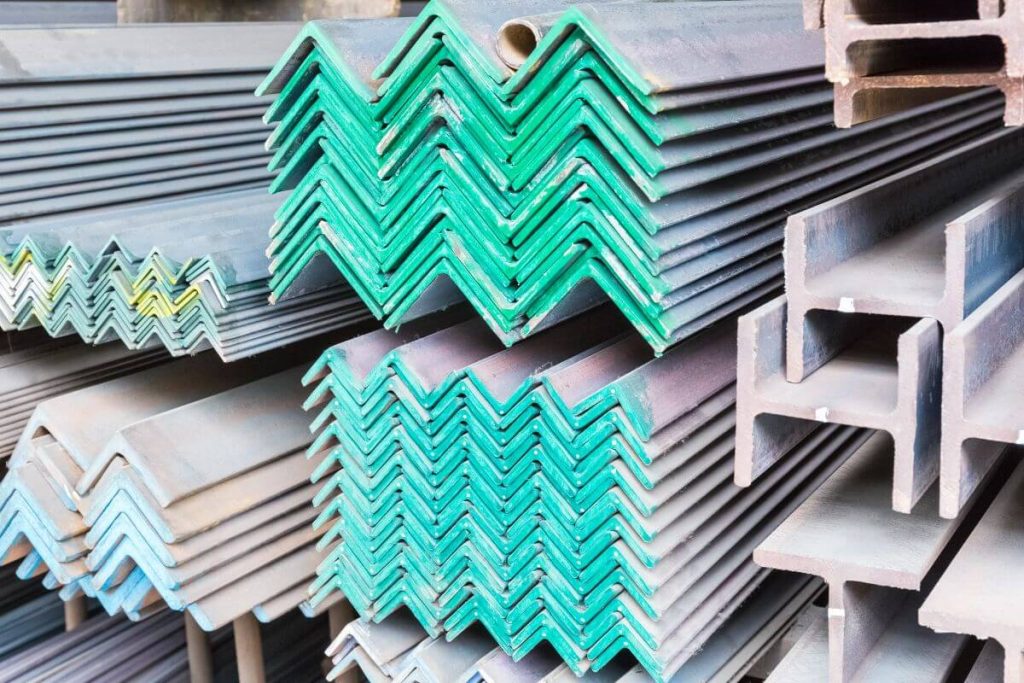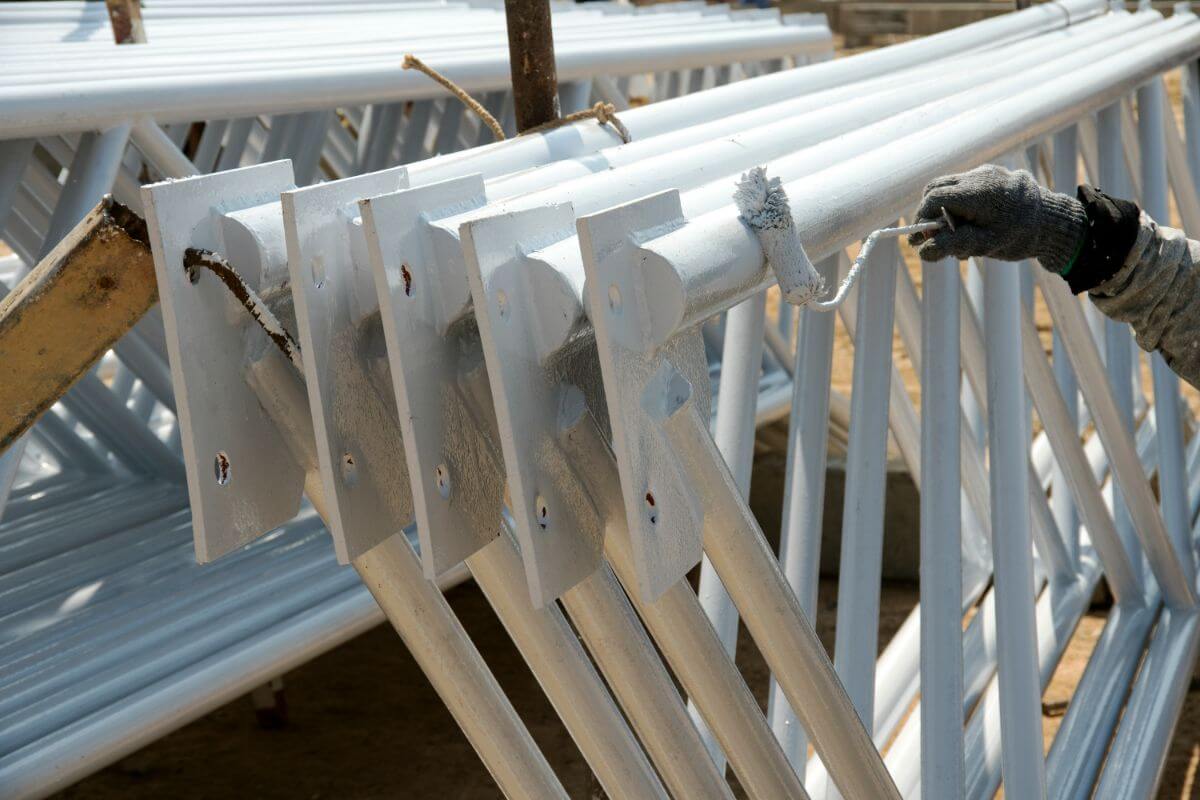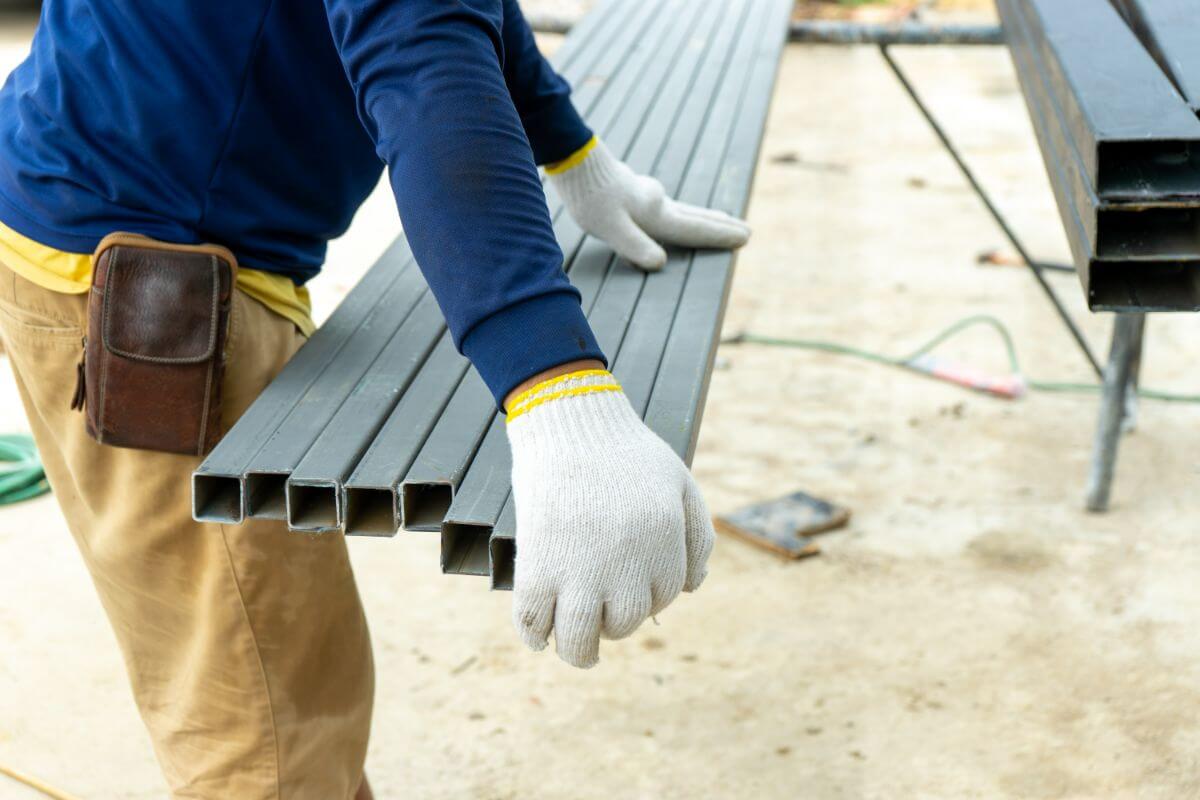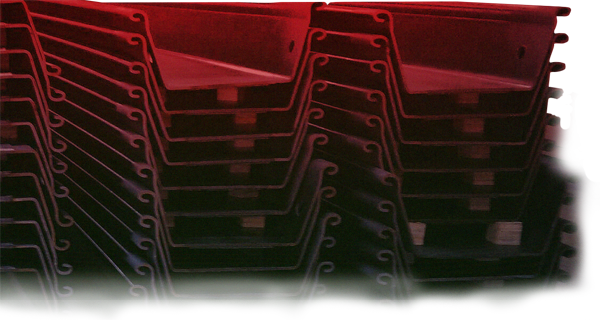The Importance of Steel in Today’s Construction

Why is steel important in today’s construction?
- Steel is durable.
- Builders choose still because of its versatility.
- It’s a sustainable construction material.
- It is cost-efficient.
- Steel exhibits resiliency in any construction project.
Steel, an incredibly versatile and durable alloy primarily composed of iron and carbon, has made an indelible mark on the construction industry. Its unique qualities have positioned it as the material of choice for creating enduring structures.
As we navigate our urban environments, we can’t help but marvel at the countless towering buildings and intricately designed bridges that owe their existence to steel. You may have pondered why exactly steel has earned such prominence among architects, engineers, and builders.
In this article, we will delve into the importance of steel in construction, emphasizing its advantages for sustainability and the environment, strength and durability, structural adaptability, cost-effectiveness and efficiency, and role in resilience and safety.
Steel Is Durable
Ensuring durability is paramount when constructing long-lasting buildings.
When it comes to strength and resilience, few construction materials can rival steel. Renowned for its exceptional durability, steel has consistently remained a top choice among builders worldwide. Its remarkable tensile strength allows structures to bear immense weights, making it an ideal material for constructing massive bridges and towering skyscrapers.
Steel’s resistance to corrosion and adverse weather conditions further enhances the durability of buildings, even in the harshest environments. With a prolonged lifespan and minimal maintenance requirements, steel constructions not only incur lower lifetime costs but also contribute to enhanced sustainability.
Builders Choose Still Because of Its Versatility

With its unique and inherent strength-to-weight ratio characteristics, steel can be used to build incredible structures that push the limits of design.
It is a great material for retrofitting older structures because of how easily it can be modified and adapted to changing needs. Moreover, steel’s compatibility with other materials makes it easier to build composite constructions that combine the benefits of many materials to improve performance.
It’s a Sustainable Construction Material
Sustainability has emerged as a key consideration in the choice of construction materials. Individuals worldwide have become more conscious of the environmental impact of building projects.
In this context, steel stands out as an exemplary sustainable option. Its inherent recyclability and reusability promote a circular economy, reducing the demand for new materials and minimizing waste.
The improvements in steel production have also increased energy efficiency, reducing carbon emissions as a result. By selecting steel, contractors can significantly mitigate the environmental footprint of their projects, contributing to a greener future.
A notable example of steel’s sustainable potential is showcased by the recently completed Salesforce Tower in San Francisco. The building’s steel framework incorporates recycled material, emphasizing its commitment to improving energy efficiency, minimizing environmental impact, and setting a precedent for sustainable construction practices.
It Is Cost-Efficient

Cost efficiency holds immense significance in the construction industry, where time and budget are pivotal factors. Steel, with its cost-effective attributes and simplified construction techniques, proves its value in this regard. Its adaptability to prefabrication and modular construction methods enables accelerated project completion and lower overall costs. It’s the essential material to many pre-engineered buildings, such as prefab houses in the Philippines.
Steel constructions require minimal ongoing maintenance, leading to further cost reductions throughout the lifecycle of a building. By incorporating steel, building professionals can deliver projects on time and within budget, ensuring client satisfaction and financial success.
The choice of a trusted steel contractor becomes paramount in harnessing the full potential of cost efficiency in construction projects. Quality plays a crucial role in establishing a builder’s reputation within the industry. Therefore, the selection of a reputable partner becomes a defining factor in cementing one’s standing.
Steel Exhibits Resiliency in Any Construction Project
Steel meets the demands of construction on both the fronts of safety and resilience. It is a dependable option for high-rise structures and public infrastructure due to its remarkable fire resistance. The structural integrity of buildings and the safety of occupants are also protected by steel’s ability to absorb energy during seismic occurrences because of its ductility.
Construction workers can build with confidence and peace of mind knowing that their projects will endure the test of time and unanticipated difficulties thanks to steel’s consistent quality and compliance with building norms and regulations.
Key Takeaway
The importance of steel in the world of construction cannot be understated. It has remained a steadfast and indispensable construction material, even as new materials are introduced and the industry evolves. Steel’s enduring popularity and value stem from its exceptional strength, adaptability, sustainability, affordability, and resilience.
As a timeless option, steel has left an indelible mark on our urban landscapes and upholds the foundational infrastructure that supports our society. Whether in the form of towering skyscrapers or robust bridges, steel continues to define the architectural marvels that shape our surroundings.
At Metal Exponents, we have seen steel’s significance in the buildings of today and it shows no signs of diminishing, guaranteeing that our structures stand tall, sturdy, and long-lasting for future generations.
Reach out to us today and unlock the potential of steel in your construction projects. Together, we will bring your visions to life and build a sustainable future driven by the unmatched strength and reliability of steel.


